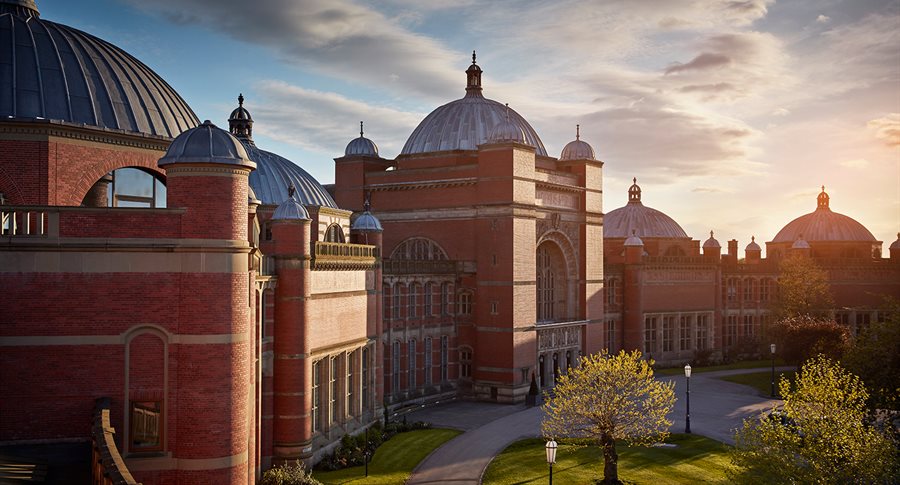
Issue 19 of The Journal of Power Institutions in Post-Soviet Societies, edited by Gavin Slade, Anne Le Huérou, Elisabeth Sieca-Kozlowski and entitled “The Evolution of Prisons and Penality in the Former Soviet Union” is now online.
This superb collection covers a staggering range of topics, from films of Soviet penal spaces, to medical professionals in modern Russian prisons, comprises resources in English and French, and includes English language reviews of topical books published in French and Russian, and interviews with key figures. The full edition is available here – links to individual papers/reviews are below.

Photo Credit: Belovodsk Colony no. 16, Kyrgyzstan (April 2015), ©Gavin Slade
Unpacking Prison Reform in the Former Soviet Union
For an Exploration of Visual Resources of the History of Imprisonment
Photo and Film in Penal Spaces in the USSR (1940–1970)
Between Autonomy and Dependency: Medical Professionals in the Modern Russian Penal System
Rūta Vaičiūnienė
Les parcours post-carcéraux des femmes condamnées en Russie : le rôle des Centres d’adaptation sociale dans le processus d’insertion
Interview with Oleg Khabibrakhmanov, Committee against Torture, Nizhny Novgorod, 11 July 2018
Anne Le Huérou
Entretien avec Oleg Khabibrakhmanov, Comité contre la torture, Nijni-Novgorod, 11 juillet 2018
The Evolution of Prisons and Penality in the Former Soviet Union – A Suggested Bibliography
Luba Jurgenson et Nicolas Werth, Le Goulag : Témoignages et archives
Éditions Robert Laffont, S.A.S., Paris, 2017, 1120 pages
Gwénola Ricordeau
Judith Pallot and Elena Katz, Waiting at the Prison Gate: Women, Identity and the Russian Penal System
London: I.B. Tauris, 2017, 352 pages
Malika Talgatova
Anna Karetnikova, Marshrut. Obshchestvennyi kontrol’ za mestami lisheniya svobodi – vosem’let bez prava ostanovki
Moscow: Pravozashchitnii Tsentr, 2017, 268 pages
Gavin Slade
Mark Galeotti, The Vory: Russia’s Super-Mafia
New Haven: Yale University Press, 2018, 344 pages
Zakhar Prilepin, Vzvod. Ofitsery i opolchentsy russkoi literatury
Moskva: AST, 2017, 736 pages
Lina Tsrimova
Rebecca Gould, Writers and Rebels: The Literature of Insurgency in the Caucasus
Yale University Press, 2016, 352 pages
Elie Tenenbaum
Masha Cerovic, Les Enfants de Staline. La guerre des partisans soviétiques, 1941-1944
Paris, Éditions du Seuil, 2018, 384 pages
Uri Bar-Noi
Isabella Ginor and Gideon Remez, The Soviet-Israeli War, 1967-1973: The USSR’s Military Intervention in the Egyptian-Israeli Conflict
London: Hurst & Company, 2017, 400 pages
Matthew Light
Erica Marat, The Politics of Police Reform: Society against the State in Post-Soviet Countries
Oxford: Oxford University Press, 2018, 249 pages
Karine Clément
Anna Sanina, Patriotic Education in Contemporary Russia. Sociological Studies in the Making of the Post-Soviet Citizen
Stuttgart: Ibidem Verlag, 2017, 188 pages
